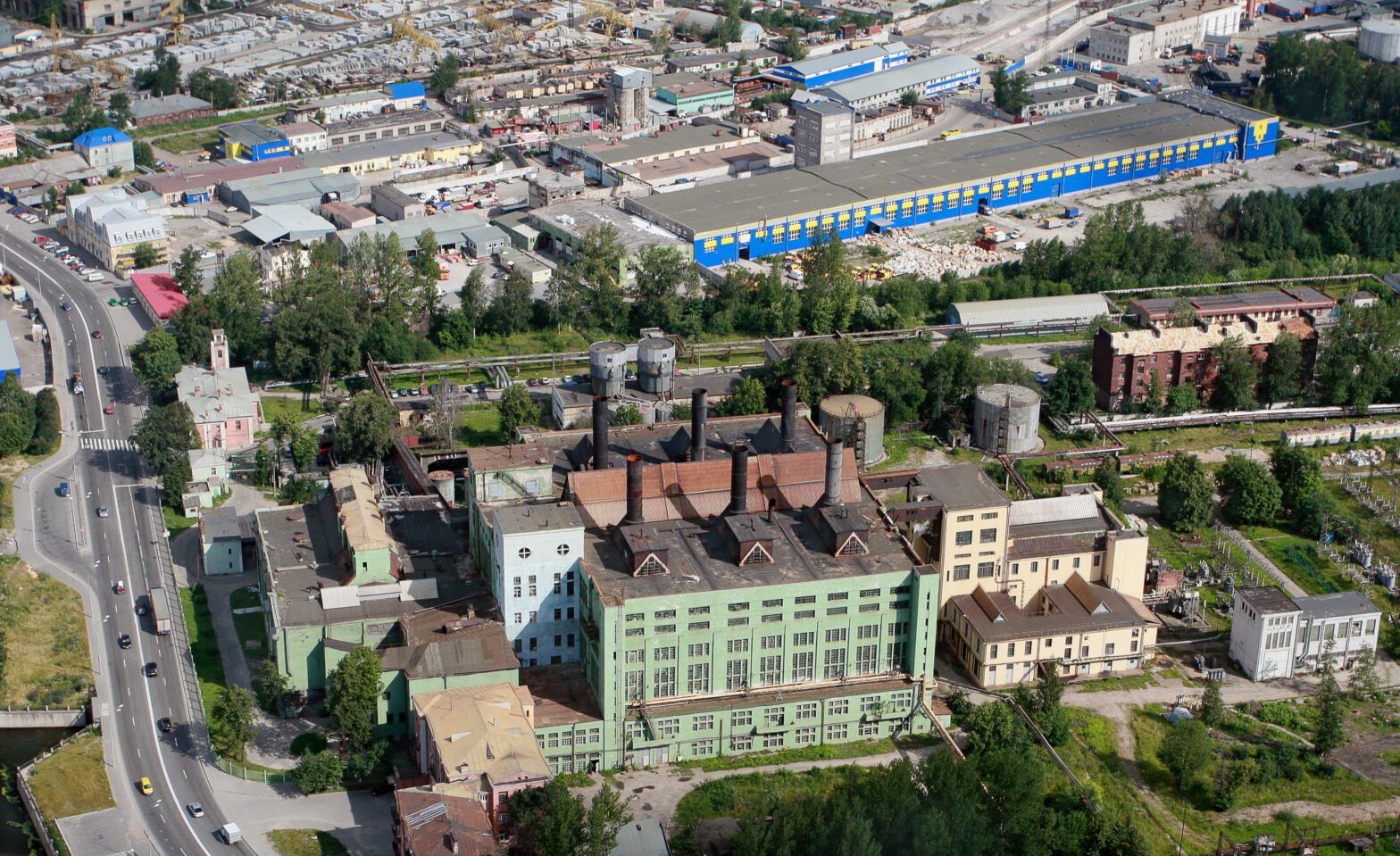George Osborne’s announcement of ‘revolutionary’ devolution deals for Liverpool and Birmingham is the government’s most recent step towards realising its Northern Powerhouse proposal.
This follows the “gain share” deal granted to Sheffield by the Treasury, which will see the city receive £30m a year for 30 years to invest in its economy.
The Northern Powerhouse – a phrase reminiscent of the industrial revolution – is the government’s plan to boost the UK economy and balance the North-South divide. By devolving funding and investment decisions to the North’s “Core Cities” of Manchester, Liverpool, Sheffield, Newcastle and Leeds, the aim is to expand and empower the region’s strong manufacturing, science, technology and service sectors.
Much like the industrial boom of the 18th and 19th centuries, it looks like the North is once again poised to play a key role in the UK’s economic prosperity. But what are the current barriers to achieving this and, more importantly, what does the region need to do to support and sustain the growth of local businesses.
Greater download speed
Firstly, the region needs faster broadband. In fact, this not just an issue in the North; many areas of the UK are still hounded by sluggish download speeds particularly in rural areas. Slow broadband is a genuine concern for many Northern SMEs.
>See also: Digital marketing trends to look out for in 2016
59 per cent of SME decision makers in Yorkshire and the Humber believe that access to a fast and reliable internet connection is important to the growth plans of their business, according to a recent survey conducted by Citrix and YouGov.
Of course, these concerns are well founded. With the increase in flexible working viewed as standard practice by prospective employees, the importance of a reliable and fast internet connection is imperative. The trend towards flexible and freelance working is only set to increase and relies heavily on remote access and collaboration technology, all underpinned by a sufficient broadband supply.
Additionally, Northern businesses need to be reassured that their location, outside of London, won’t impact their competitiveness on a national level. This is a concern that can be remedied by having the required internet infrastructure in place to ensure the reliability of taking client meetings online.
One example of how important this is to Northern businesses is Manchester based advertising agency Jupiter that uses GoToMeeting to work with clients all over the UK. James Summerscales, Business Development Manager at Jupiter said, “Our customers are happy to use an agency in Manchester, even if they are based in London. They are not worried about the location anymore, just the quality of work.”
“With certain technologies such as GoToMeeting I am able to keep in touch with customers wherever they are located on a regular basis. It is extremely convenient for both the customer and Jupiter to talk regularly for 30 minutes a time, rather than two hours intermittently throughout a project time.
“We no longer have to worry about getting here, there and everywhere in the country. I can just book a meeting in and have a catch up on things over a video conference and then meet in person when needed. This is a massive cost saving for us and also reduces our carbon footprint.”
Servicing the regions
Although David Cameron has pledged that a minimum download speed of 10Mbps will be legal right for UK citizens by 2020, local authorities in these core cities need to begin working with internet service providers to ensure that the whole region is adequately serviced.
>Related: Why aren’t SMEs taking advantage of R&D tax breaks?
Transport in the Northern region also requires a significant overhaul. The government’s proposed High Speed 3 rail line promises to reduce journey times to and from the Capital. While the Northern Powerhouse will grant the region the autonomy to improve the transport links between its core cities.
At present, it can take at least an hour and a half to travel the 60 miles from Carlisle to Newcastle on the dated Pacer train that runs between the core Northern cities; some of which have been operating since the early 1980s and need to be updated and outfitted with Wi-Fi and USB charging.
These updates, while potentially costly, ensure that businesses and clients are able to keep in touch and continue to turn deliver high-quality work and counsel quickly and consistently. Substandard transport links impacts the region by restricting the mobility of the local workforce and hinders the delivery of goods from Northern manufacturers.
With the advances in remote working and collaboration software this may not seem as important as high-speed broadband but over a fifth of SMEs surveyed by Citrix believe that strong transport links are critical to the growth of their business.
The present short comings with broadband speeds and transport links are standing in the way of achieving the main crux of the Northern Powerhouse; one connected and collaborative northern hub in which old rivalries are set aside and its core cities work together for the economic prosperity of the entire region.
Further reading: NE sees boom in commercial property sales






